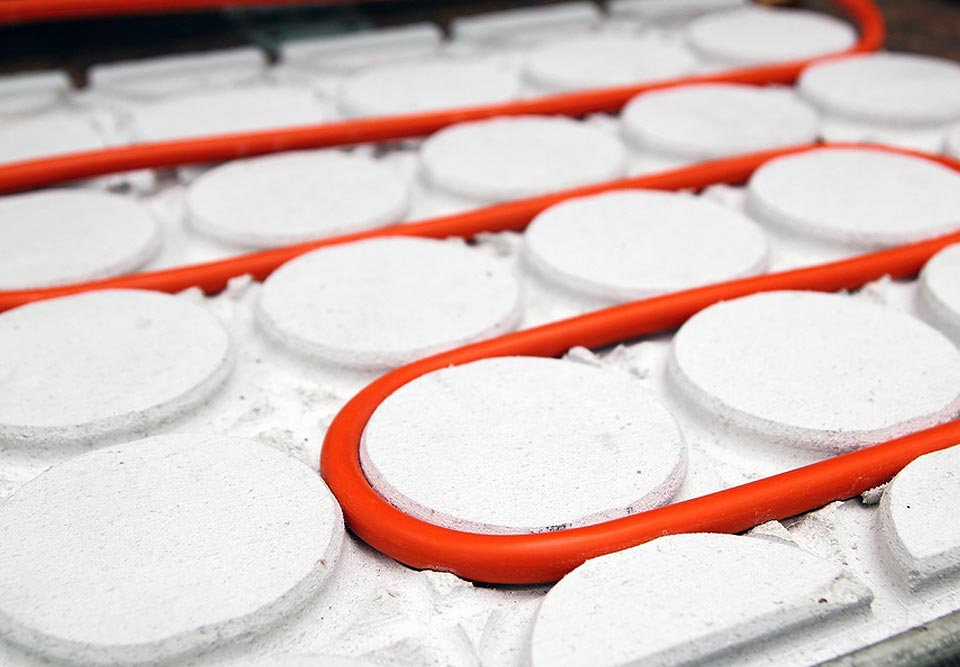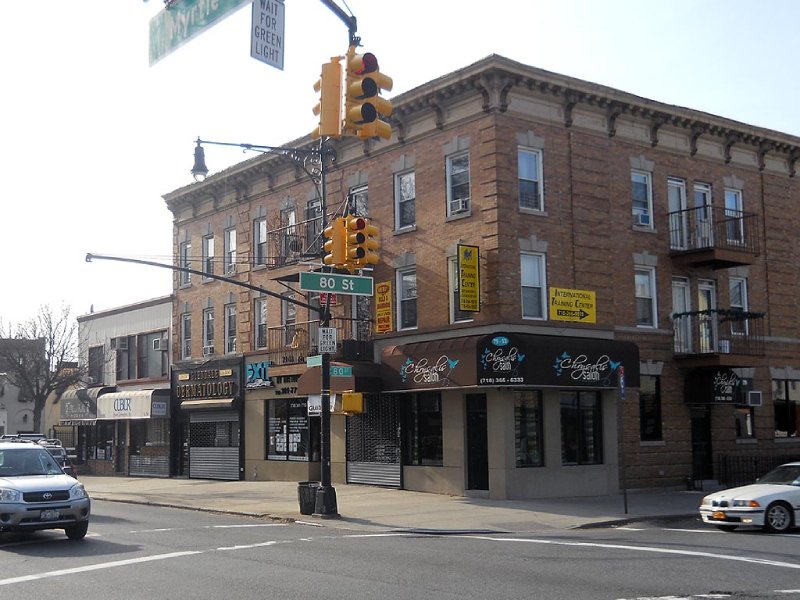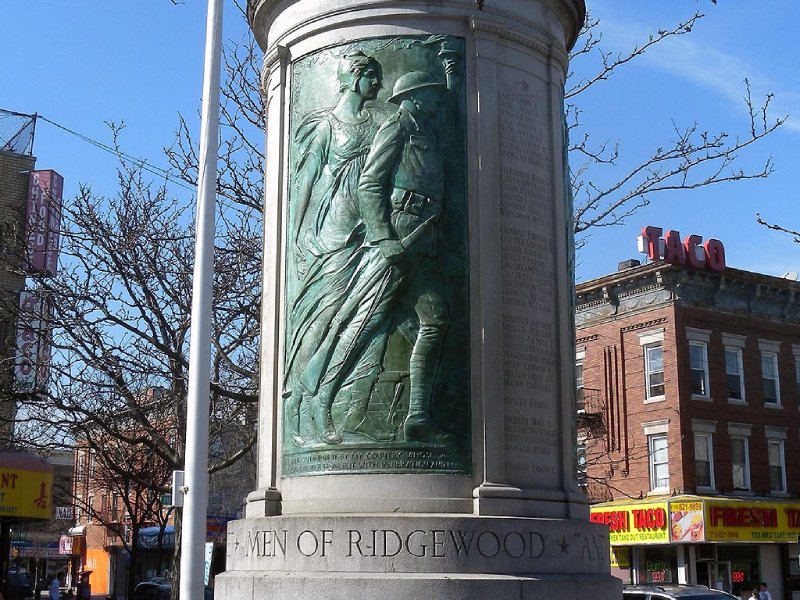One of the most common arguments among co-workers has to be the temperature setting. It is not unusual for some people to feel extremely cold, while others are comfortable, and still, others think it is too warm. If you are one of the former, you most likely keep a sweater handy, but why are you so uncomfortable? Luckily, science explains why you feel cold indoors, and how radiant heat can help.

Ambient temperature is far from the only thing that influences this process. Our perception of cold is the product of numerous factors both inside and outside our bodies — many of them beyond our control.
The biggest one? Radiant heat. When you’re outdoors, energy from the sun streams down all around you. It may be filtered through clouds or reflected off buildings, but it’s still warmth. That’s why the same day may feel chilly in the shade but pleasant in the sun. It’s also why you need a sweater inside a 70-degree home, but you feel fine at the same temperature on a sunny afternoon in the park.
Indoor vs. Outdoor Temperatures
Have you ever wondered why a 70-degree day in the Spring feels warm and comfortable, while the same temperature in your home feels cold? The short answer is that when you are outside, the heat from the sun constantly surrounds you, and bounces off buildings, roads, parking lots and other structures. Inside, you are not exposed to the sun. Thus, the radiant heat you experienced is greatly reduced, and you are more likely to feel cool. This is also why it feels cooler in the shade of a tree than it does under the direct rays of the sun.
It is All About You
Your gender, size, and metabolic rate all have an impact on how cold, or warm, you perceive your surroundings to be. Women tend to get cold quicker than men, due in part to the fact that estrogen makes blood vessels more responsive to cold. Men, on the other hand, often have a lower tolerance for higher temperatures, and prefer it to be a bit cooler indoors. What’s more, thinner people tend to feel colder than their heavier counterparts because they have a smaller layer of subcutaneous fat.
Air Movement
Another factor that greatly influences the way you experience the temperature of your surroundings is the amount of air movement. If you are outdoors on a very breezy, 60-degree day, you will likely feel a little chilled, and you will reach for a jacket. Indoors, forced air heat vents disturb the air, moving it around, effectively lowering the perceived temperature of the entire space. Radiant heat systems help to reduce this by heating the floor and through a convection system, heat the entire space. Since there are no fans, the air feels warmer overall.
If you are tired of wearing a sweater inside all the time, and you are interested in learning more about radiant heating, contact Kew Forest Plumbing today. Our experts have helped countless homeowners, and businesses, create a comfortable environment for their families, employees, and customers.










